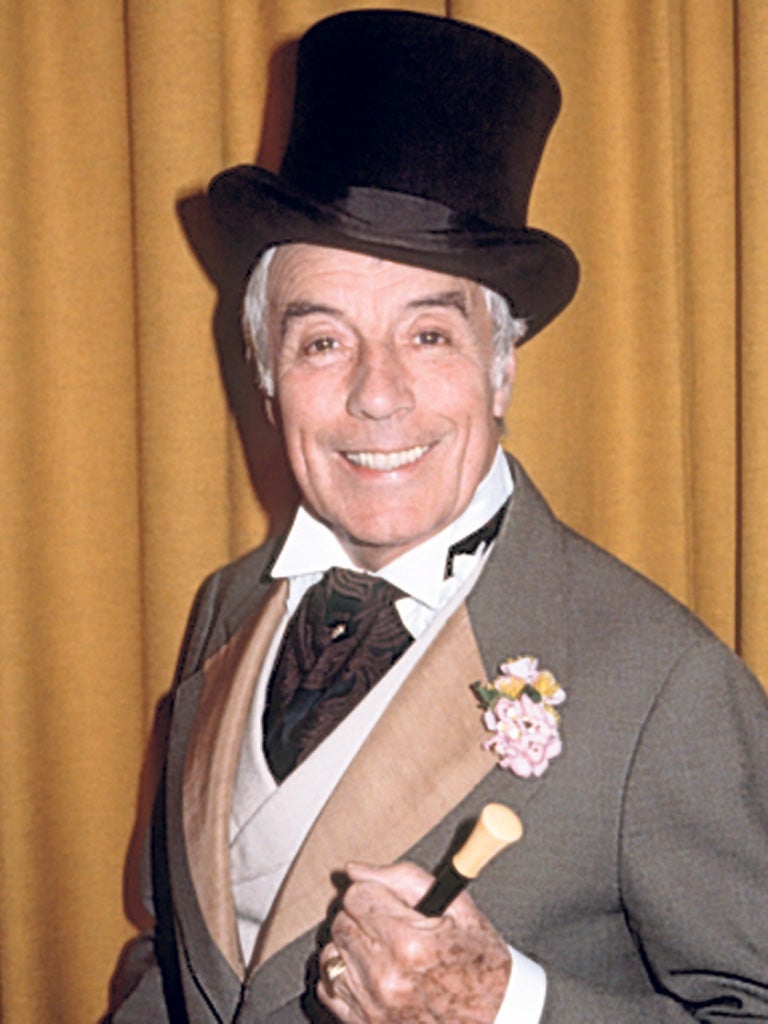Johannes Heesters: Actor dogged by his Nazi associations

The Dutch-born entertainer Johannes Heesters, who made his name performing in Germany and was dogged later by controversy over his Nazi-era past, died on 24 December at the age of 108. Born in the Netherlands on 5 December 1903, Heesters made his stage debut on the big stage at the Volksoper in Vienna in 1934. His career took off in Berlin where, he became a crowd favourite at the Komische Oper and Admiralspalast. He gained fame appearing in films such as Die Leuchter des Kaisers [The Emperor's Candlesticks] and Das Hofkonzert [The Court Concert].
Despite his popularity in the Third Reich, Heesters (above, EPA), was allowed by the Allies to carry on his career after the war; he took Austrian citizenship. He continued to be popular in Germany, making 1,600 appearances as Count Danilo in The Merry Widow.
In the Netherlands, though,some viewed him as irredeemable. In February 2008, he braved protests to perform in the Netherlands for the first time in 44 years at a theatre in his native Amersfoort. In 1964, he was booed off the stage in Amsterdam when he tried to appear as Captain Von Trapp in The Sound of Music. "What did I do wrong?" he wrote.
Critics focused on a visit Heesters made to the Dachau concentration camp in 1941, and in 2008, Heesters lost a court attempt to force a German author to retract allegations that he sang for SS troops there. He said he had been ordered to go to Dachau by the Nazis in an attempt to deceive the public about what was going on there, but said the alleged performance "never happened".
Around the time of the court case, Heesters was shown on a Dutch TVprogramme saying that Hitler was "a good guy". His wife, Simone Rethel, intervened, saying that Hitler was the worst criminal in the world. "I know, doll," Heesters responded. "But he was nice to me."
Join our commenting forum
Join thought-provoking conversations, follow other Independent readers and see their replies
Comments
Bookmark popover
Removed from bookmarks